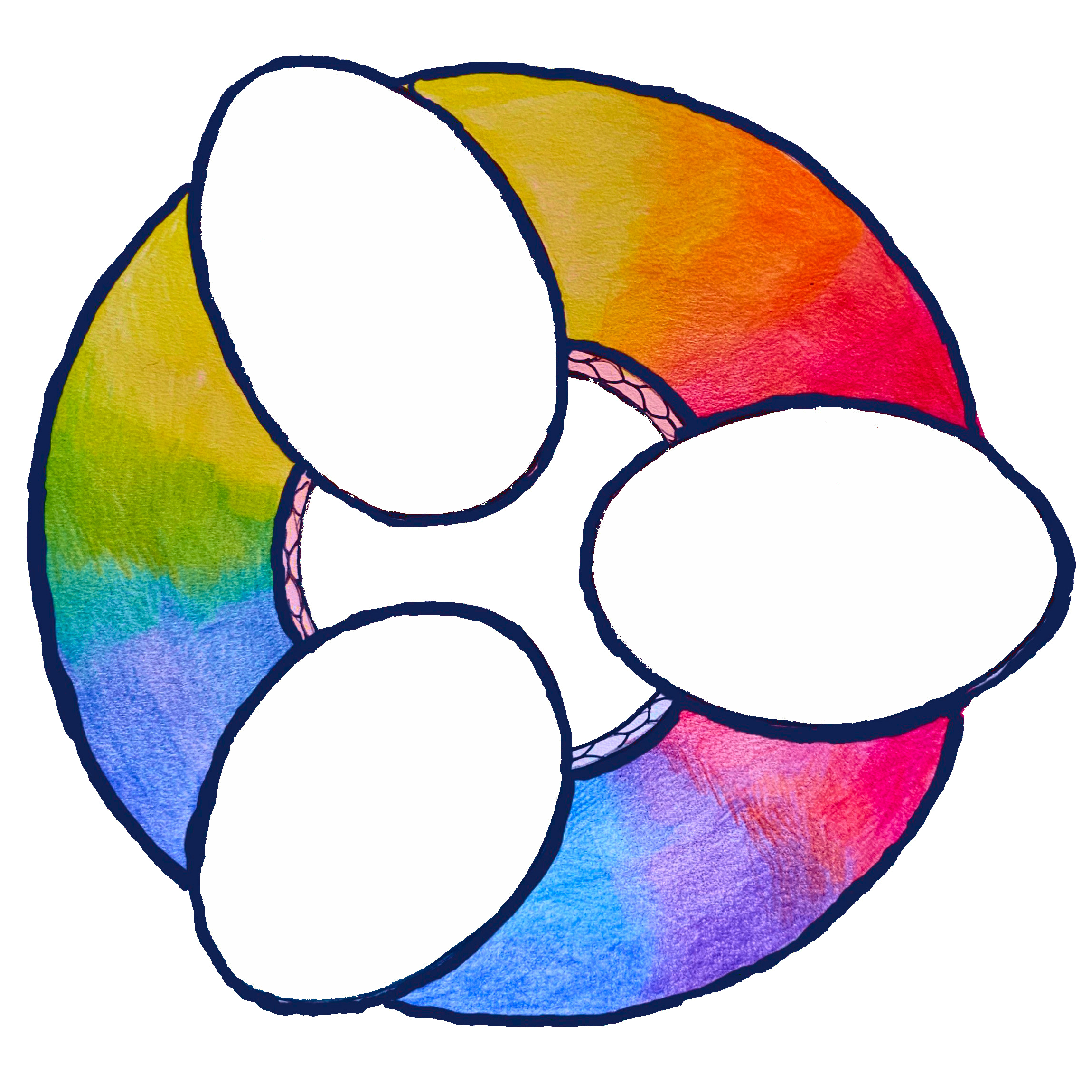Frequently Asked Questions
Submit a New Question
How do I create a listing for my business?
Instructions are provided here: instructions
What do you charge for listing services?
Our current listing fee structure is provided here: listing fees
As a merchant, how do I handle mixed currency transactions?
Treat threefold dollars (US3) and US dollars (USD) interchangeably. You can accept a mixture of currencies and provide change in either one.
Example 1: Kamali buys $17.50 worth of merchandise and offers to pay with a ß20 US3 (threefold dollar) bill. Ring up the sale for $17.50 in equivalent US dollars, accept the ß20 US3 bill, and provide her with $2.50 change in US dollars.
Example 2: Bruno buys $25.15 worth of merchandise and wishes to use a ß20 US3 (threefold dollar) bill to pay. Ring up the sale for $25.15 in equivalent US dollars, accept the ß20 US3 bill, and ask him to pay an additional $5.15 in US dollars.
How are threefold dollars created?
The easiest way to create threefold dollars is by exchanging for the same number of US dollars. At the moment of exchange, new threefold dollars are issued and enter circulation.
In the future, we will also allow threefold dollars to be created when a loan is taken out against the productive value of a registered asset. The designated manager of a registered asset can borrow threefold dollars up to a certain limit, and must pay a fee on this borrowed money. At the moment threefold dollars are borrowed, these are issued and enter circulation.
Either way, threefold dollars always remain backed by a real value: either the US dollars provided in exchange and kept on reserve – or else by the collateral value of the registered asset.
How do local dollars bring about social threefolding?
At the wider, macrosocial level, however, through a grassroots movement, society can gradually divide into three separate and independent administrations, as:
- threefold dollars – an asset-based community money issued by financial communities – separate the operations of the economy from the rights-state
- registrations of productive assets – according to the private-social ownership framework – separate property rights from the economic life of goods, and
- corporate finite shares – which eventually expire and become social shares – fund an independent cultural life that is separate from both economy and rights-state.
As this separation of society into three independent administrations occurs:
- independent institutions within a free cultural life will educate people toward a practical social understanding, so competent individuals are able to make productive use of capital
- independent democratic bodies will ensure equality, fairness, and a dignified life for everyone, and
- associations operating within an independent economic life will align prices with incomes and human need values, so everyone gets their needs met.
In this way, starting with a local currency and proceeding gradually over many decades, our current society can eventually transform into a threefold one.
For more information, see this video: What is Social Threefolding? And Why Do We Need It Now?
Will the financial community replace a torn or damaged bill?
Yes, we will replace a worn, damaged, or torn bill free of charge upon request.
If torn in pieces, the bill must be more than 50% intact and clearly identifiable as a non-counterfeit.
What banking or other regulations apply to local currency?
The local money issued and circulated by the Hawaii Financial Community is perfectly legal and is not subject to banking regulations.
According to an article by Blake Ellis, posted on CNN Money, January 27, 2012:
Individual communities, however, are able to create their own currencies — including paper notes. Anyone can do it — as long as the money is easily distinguishable from U.S. dollars and values are tied to the U.S. dollar so that income remains taxable.
How can we trust the financial community?
Upon request, we will provide anyone with a current copy of our financial statements – demonstrating that our current US dollar holdings are always sufficient to cover US3–to–USD exchanges on demand.
We will not, however, share or disclose any private member information.

